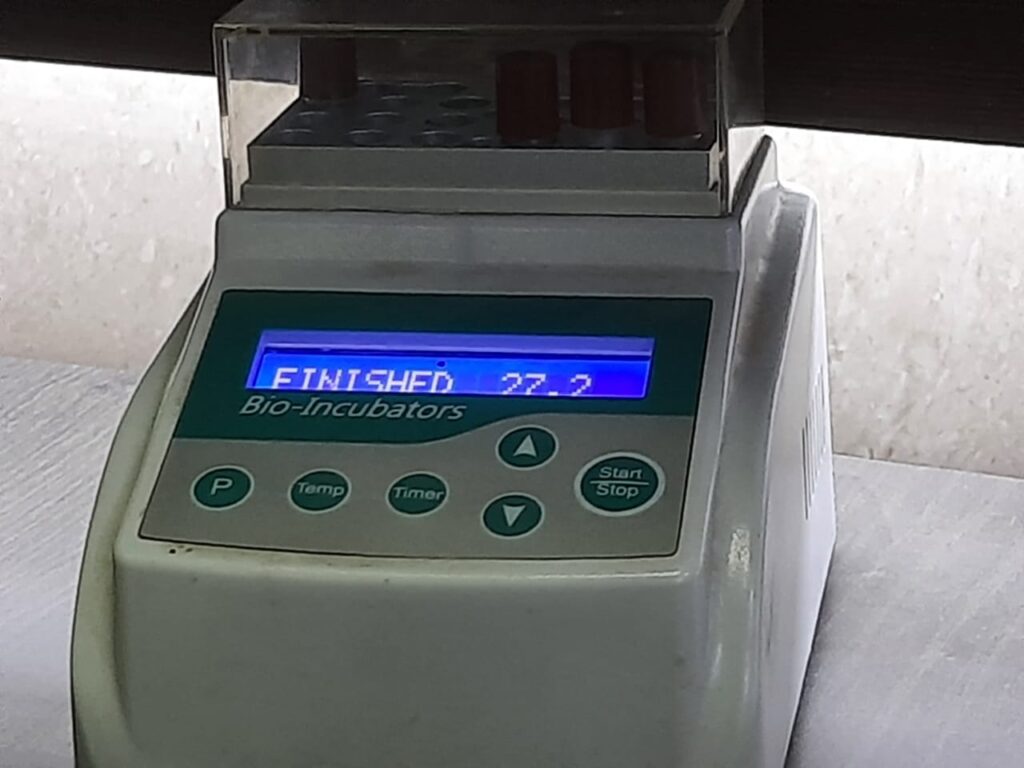Bio-Incubator: Introduction, Application, and Keynotes

Introduction
A Bio-Incubator is a laboratory device designed to provide a controlled environment of temperature, humidity, and time for the growth and maintenance of microbial cultures, cell lines, and biological reactions. It is an essential tool in microbiology, molecular biology, biotechnology, and clinical diagnostics.
By maintaining specific incubation conditions, the bio-incubator ensures optimal enzymatic activity, microbial growth, and biochemical reactions crucial for experimental accuracy and reproducibility.
Applications
Microbial Culture Growth: Used for growing bacteria, fungi, and yeast at precise temperatures for research and diagnostic purposes.
Enzymatic and Biochemical Reactions: Maintains the required temperature for enzyme assays, PCR reactions, and biochemical kinetics.
Molecular Biology Workflows: Supports incubation steps during DNA extraction, plasmid preparation, or electrophoresis gel reactions.
Clinical and Research Use: Applied in medical microbiology for culture incubation, spore testing, and antimicrobial sensitivity tests.
Cell and Tissue Culture: Advanced models (with CO₂ and humidity control) support cell line and tissue culture experiments in biotechnology and pharmaceutical labs.
Keynotes
Provides precise temperature control (usually 5°C above ambient to 60°C).
Equipped with a digital display and timer settings for process monitoring.
Ensures sterile, contamination-free incubation with uniform heat distribution.
Widely used in clinical, educational, and industrial laboratories.
Compact, energy-efficient, and essential for quality assurance and reproducibility in biological research.
Can be used to incubate biological indicators during autoclave validation (e.g., Geobacillus stearothermophilus spore tests).
Further Readings
- https://www.thermoline.com.au/blog/what-is-a-laboratory-incubator-and-how-does-it-work
- https://medicallabnotes.com/incubator-introduction-principle/
- https://www.thermoline.com.au/blog/what-is-a-laboratory-incubator-and-how-does-it-work
- https://www.drawellanalytical.com/what-are-the-diverse-applications-of-incubators/
- https://medicallabnotes.com/incubator-introduction-principle/
- https://microbenotes.com/incubator/
- https://www.bionicsscientific.com/blog/what-is-the-bod-incubator/
- https://www.coslabindia.com/blog/what-is-a-laboratory-incubator
- https://www.darwinchambers.com/bacteriological-incubator/san-jose-ca/
- https://www.scitekglobal.com/what-is-lab-incubator.html
- https://www.harriergroups.com/bod-incubator/bod-incubator-principle-types-and-usage/
- https://www.prestogroup.com/articles/complete-guide-to-bod-incubator-working-principle-types-and-uses/
- https://www.phchd.com/apac/biomedical/service-downloads/evolving-science-for-the-future/lab-incubators-types-features-uses
- https://www.thermoline.com.au/blog/choosing-the-right-lab-incubator-for-your-business
- https://www.mdpi.com/2071-1050/14/8/4610
